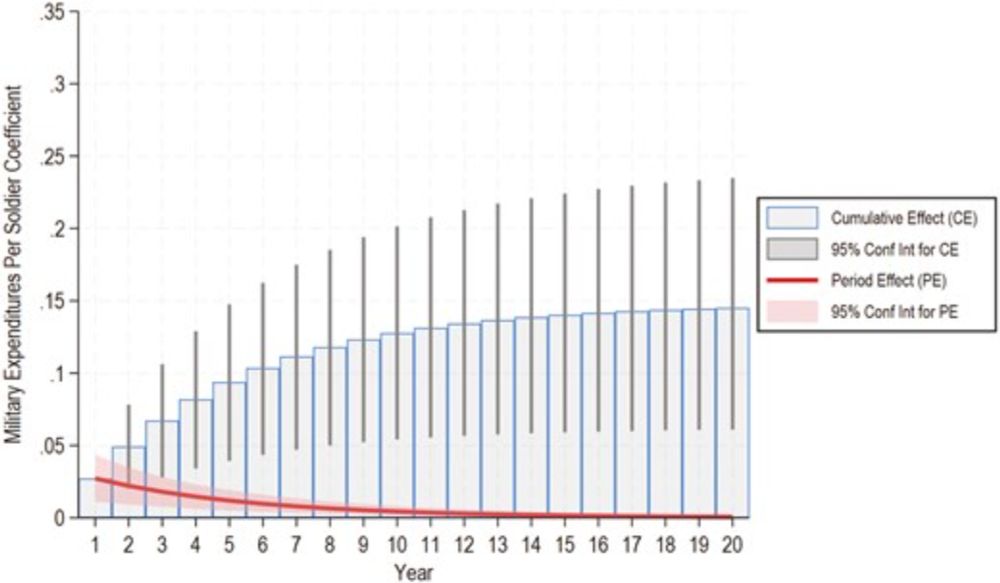Opinion: Gutting humanities signals the end of innovation in business and STEM
As a college professor, watching the dismantling of America’s education system has been among the most discouraging events of my life. American aspirations to be a leader in the world of business and science — which springs from our country’s support only of STEM fields — portend their own loss as things like humanities classes are being threatened with extinction. The things that provide powerful support for the structural modes of thought that promote ideas and innovation are being swept away. And make no mistake, humanities is as important to innovation as science.
As an exercise with my Honors students, I ask them to imagine that a group of space aliens arrive and tell them they can have science or humanities but not both (or they will destroy both). Which would they keep? Most people think about the things that have made their lives healthier or allowed them to enjoy the marvels of modern engineering or computation. Interestingly, humanities came first in human history. It was from the humanities that science was developed.
The arts were here long before science and are what made science possible. They are the very ground of business and STEM fields. You can make science out of the humanities, but the reverse is unlikely. It’s because we had to have the imagination to build, the capacity to envision new worlds, before we could create something as innovative as science — especially as it was developed in the 17th century. To imagine, dream, think critically and use our minds’ eyes to conceive of futures differently than we were handed are necessary for conjuring new worlds.
I often surprise my students when I tell them there is more truth in fiction than in science. I’m being a little tongue-in-cheek, but I do believe it. Science cannot teach us values. They are derived from insights that we learn to understand from the great art, music and literature of the past. The exercise of the imagination is one of the most crucial skills for bringing novelty, invention and new ideas into the world.
Reading great literature and listening to world music, poetry, art and other humanities have been vital to my life. The arts humankind has produced have taught me much about how to live more fully and think more critically, caringly and empathically.
These skills taught me to think more deeply about the things I taught as a scientist and mathematician. Yes, I teach STEM subjects. My education includes a Bachelor of Science in Computer Science and Statistics from Brigham Young University, a master’s degree in biostatistics from the University of North Carolina at Chapel Hill and a Ph.D. in biomathematics. I teach and do research in the biology department at BYU. But without my humanities leanings and studies, I would not have been a very good scientist. My humanities classes were a master class in creativity, envisioning new futures and how to think. It was the skills we learned in our humanities classes that bring creativity to all our endeavors.
It is foolish to think that we can make progress in any field without the depth of imagination provided by our humanities classes. Yet that is the supposition that is spreading across our nation like a plague. And it is wrong. Literature classes are essential for science. Music for business. Art for engineering. Poetry for values.
If you want STEM-only thinking for our businesses and sciences, then get ready to hire AI algorithms or robots. They can handle that aspect quite well. However, as of yet, only humans can think imaginatively. We can dream. We can recognize and embrace values. The world you see unfolding in this destruction of the humanities is nothing less than abandoning innovation, creativity and a better future. Lose the humanities, and you lose the very ground of science and business that depend on it. Destroy those, and you lose the creative future for which we all hope.
Opinion: Let’s be thoughtful in our approach to higher education in Utah





















